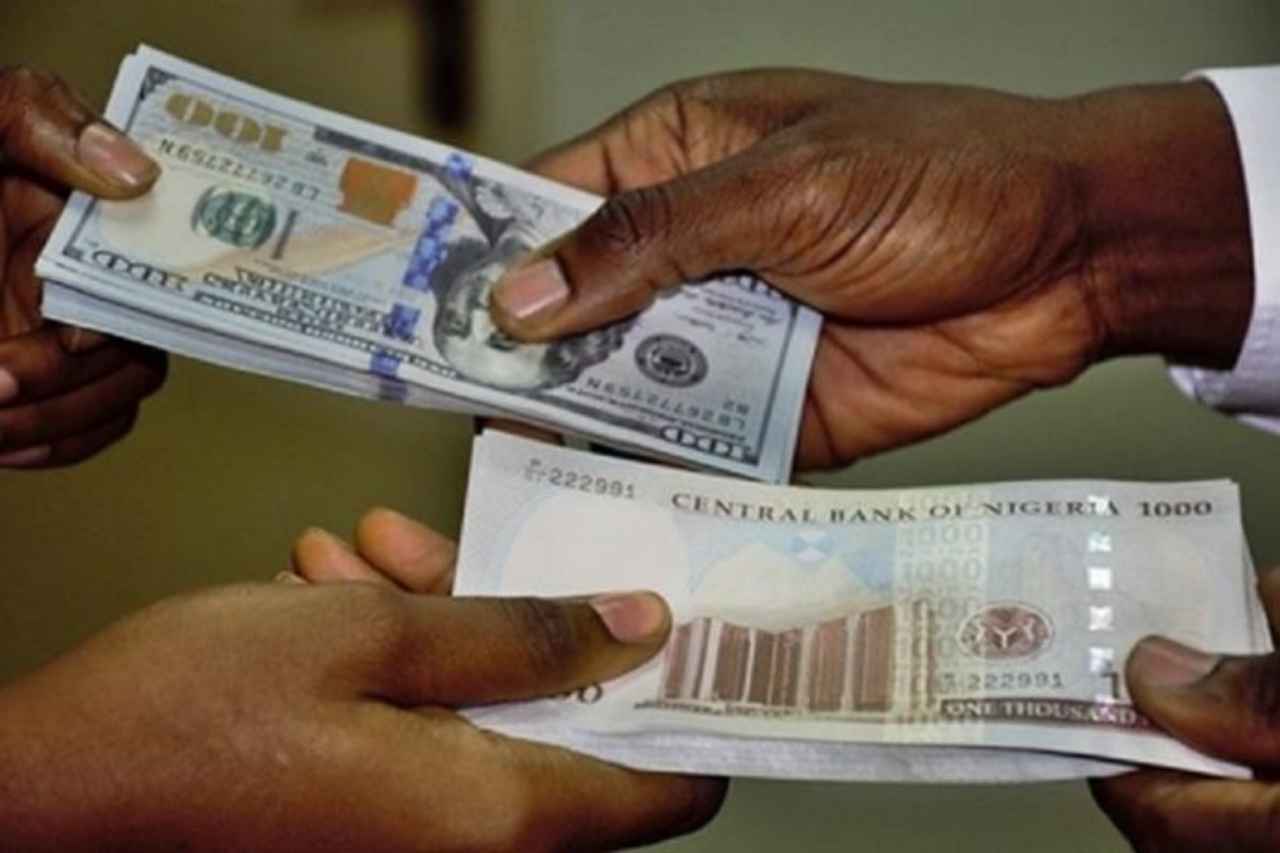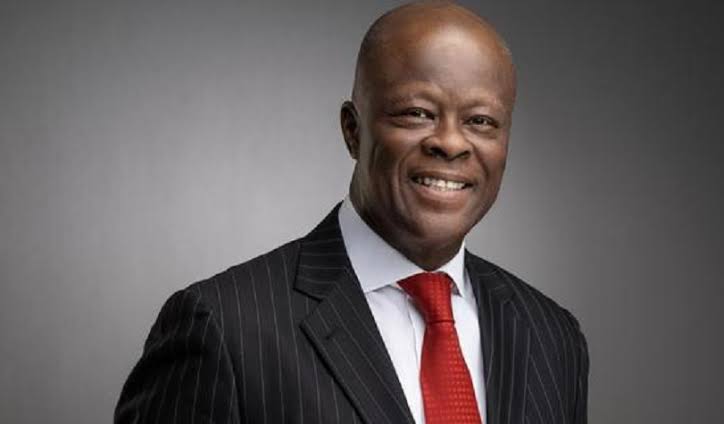What is the Dollar to Naira exchange rate in the black market today?
The Dollar to Naira exchange rate at the black market is commonly known as the parallel market or Aboki FX exchange rate.
Here’s the breakdown of the black market Dollar to Naira exchange rate for January 29th, providing insights for anyone considering swapping their dollars for Naira.
As of January 28, 2024, the Dollar to Naira exchange rate in the Lagos Parallel Market, according to sources at Bureau De Change (BDC), stands at N1405 for buying and N1410 for selling.
It’s essential to note that the Central Bank of Nigeria (CBN) does not officially recognize the parallel market and encourages individuals engaging in Forex transactions to approach their respective banks.
Dollar to Naira Black Market Rate Today
For your reference, here is the Dollar to Naira Black Market Rate today:
- Buying Rate: N1405
- Selling Rate: N1410
Dollar to NairaCBN (Official) Rate Today
Additionally, we provide the CBN Rate for a comprehensive understanding:
- CBN Buying Rate: 886
- CBN Selling Rate: 887
| Exchange Rate Type | Buying Rate (NGN) | Selling Rate (NGN) |
|---|---|---|
| Black Market (Aboki FX) | N1405 | N1410 |
| CBN Rate | N886 | N887 |
Keep in mind that the rates presented here may vary from the actual prices during your forex transactions, as the foreign exchange market is dynamic and prices fluctuate.
Stay informed with The Informant247 updates on the Dollar to Naira Black Market Rate to make informed decisions in the ever-changing financial landscape.
Nigeria’s Policies and the Black Market Dollar to Naira Rates
The current Nigerian government, led by President Bola Tinubu since May 29, 2023, has introduced significant economic policies that bear consequences on the naira’s value, particularly in the black market.
Key Policy Changes:
- Fuel Subsidy Removal: The administration took a bold step in discontinuing long-standing fuel subsidies that disproportionately favored the wealthy, leading to a substantial drain on government resources. This move resulted in more than doubling the price of Premium Motor Spirit (PMS), triggering a notable surge in the prices of essential commodities².
- Exchange Rate Unification: The government merged all forex windows into NAFEM (previously NAFEX), eliminating the hard peg on Naira trading within the official market. This shift allows foreign currencies to be bought and sold at rates determined by the market, rather than being dictated by the central bank¹².
- Market Liberalisation: The administration opted for market forces to determine the naira’s value, abandoning various controls and restrictions on forex access and use. This strategic move aimed to establish a transparent, liquid, and efficient forex market, fostering an environment attractive to foreign investors and enhancing dollar supply.
Effects on Naira’s Value:
The implemented policies have yielded mixed effects on the naira’s value. On the positive side, they have narrowed the gap between official and unofficial rates, reducing market distortion and arbitrage.
Additionally, these policies have saved the government considerable funds that were previously channeled to private pockets through fuel subsidies and multiple exchange rates. The confidence and credibility of the forex market have seen an upswing, crucial for capital formation and economic growth.
However, on the flip side, these policies have exposed the naira to the volatility of market forces, influenced by factors such as oil prices, foreign reserves, demand and supply dynamics, speculation, and panic. The naira has faced downward pressure, particularly in the black market, where high demand for dollars clashes with limited supply. The removal of fuel subsidies has also contributed to inflationary effects, diminishing the naira’s purchasing power and escalating living costs.
In essence, the Tinubu administration’s policies haven’t necessarily devalued the naira against the dollar. Instead, they’ve made the currency more responsive to market dynamics. The naira’s value remains subject to the interplay of various economic forces, both domestic and external, beyond any administration’s control. Tinubu’s policies aim to create a conducive environment for long-term naira recovery and stability, albeit accompanied by short-term challenges and adjustments.
Source The Informant247 Economy news



